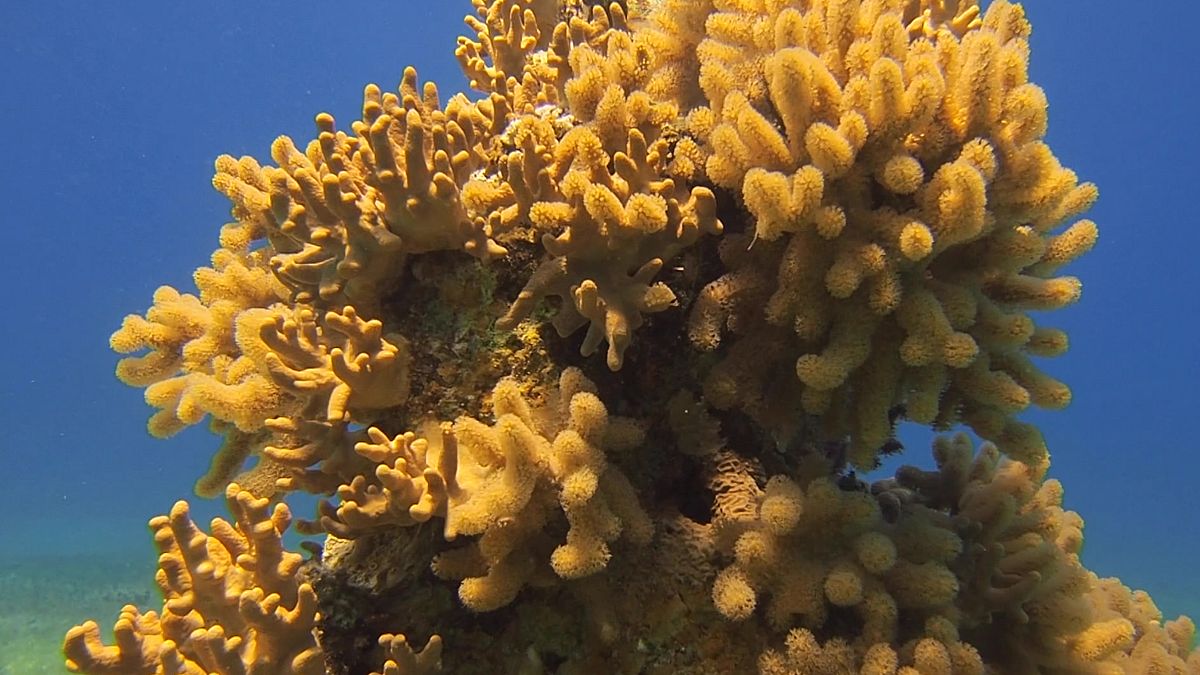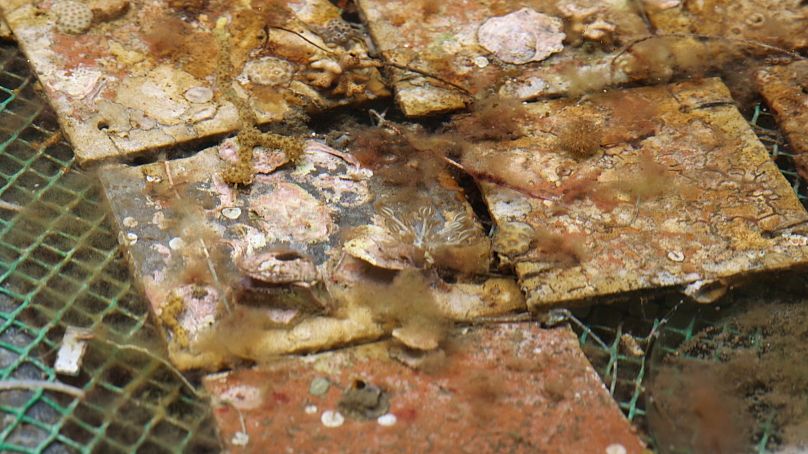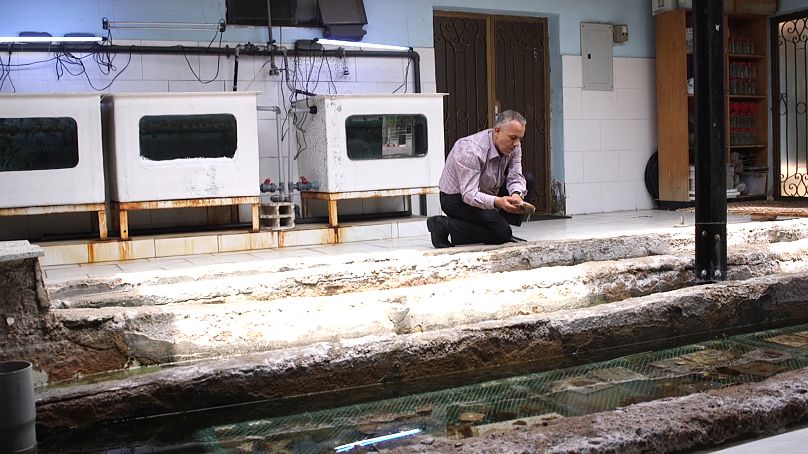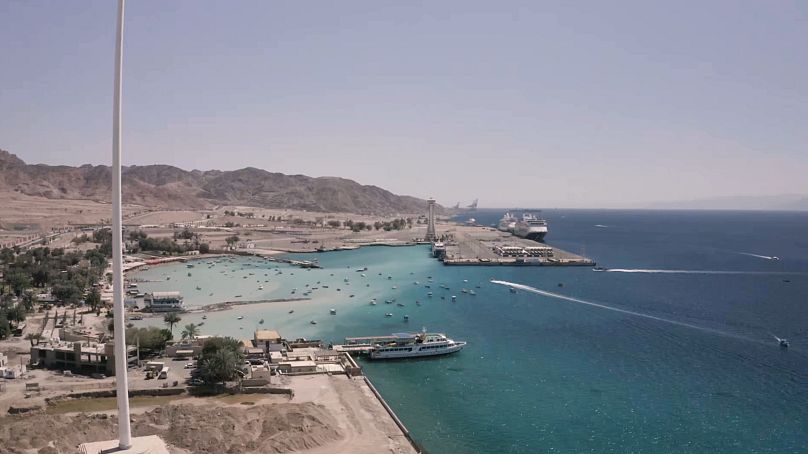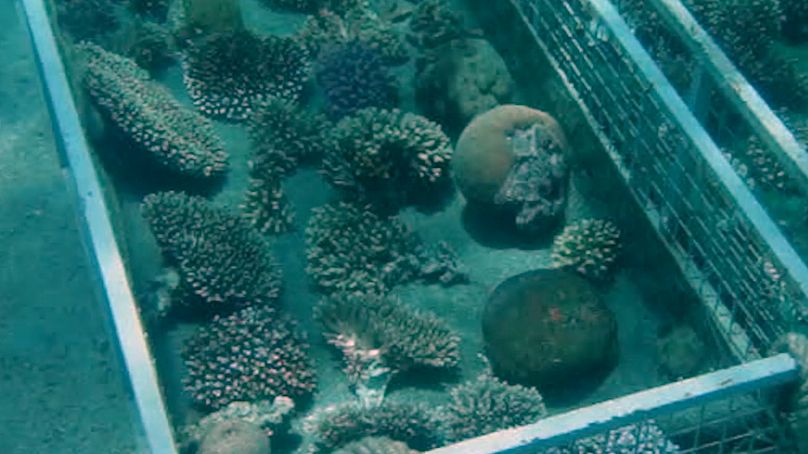Scientists in Jordan have discovered that corals in the Gulf of Aqaba are resisting the rise in water temperatures.
Scientists in Jordan have discovered that corals in the Gulf of Aqaba are resisting the rise in water temperatures.
Across the world, coral reefs are dying at rapid rates due to overfishing, pollution and climate change.
It’s estimated that half the of earth’s reefs have been lost.
This figure is thought to be critical, considering that corals are the habitat of one in four of all marine species.
Furthermore, up to half of the world’s oxygen comes from the oceans and the coral reefs within.
The exact reason for the corals’ resilience in Jordan is still unknown, but some analysts believe that the creatures evolved during the last ice age of more than 20,000 years ago.
Doctor Fuad Al-Horani, professor of coral biology and ecology at the University of Jordan, hopes that the marine invertebrates may one-day be the key to re-populating the world’s dying reefs.
“There are techniques - we can propagate corals," he says. "We can climatise them to conditions available to them in the other seas. So, once we grow them, we can send them abroad where they can grow them into deteriorated areas or damaged reef areas.”
TOURISM & ECONOMIC DEVELOPMENT STILL JEOPARDISE AQABA REEFS
Spanning a distance of 27 kilometres, the slither of coastland called Aqaba is Jordan’s only sea-outlet.
Despite glimmers of hope, the port city’s coral remains in danger, with global development and pollution threatening its survival.
To encourage economic development, whilst protecting the reefs, is therefore a constant challenge for the Jordanian authorities.
Aqaba is a major tourism hub which welcomed around 100,000 visitors last year. Due to the sector’s expansion, Jordan’s only port was relocated to the site of one of Aqaba’s largest reefs in 2006.
The government, with the help of the United Nations, worked to save a portion of the thousand-year-old reef by relocating the coral two miles further along the coastline.
According to Nedal Al Ouran, Head of the Environment, Climate Change and Disaster Risk Reduction of the United Nations Development Programme, the replantation fared much better than expected.
“We had great success,” he says. “Luckily, we got a growth rate of more than 85 per cent, which is unique. Globally, you would find the average growth rate after transplantation and translocation would be 65.”
Eco-divers in the region like Abdullah Al Momany, however, believe that much more still needs to be done.
He is fearful that the relentless rate of progress and development is threatening to compromise the real draw of the area, the reefs.
“Here in Aqaba, our biggest problem is us affecting the marine environment as humans,” he says. “I think the government needs to enforce the law, do more awareness programmes, and do more effort in protecting the marine life.”


